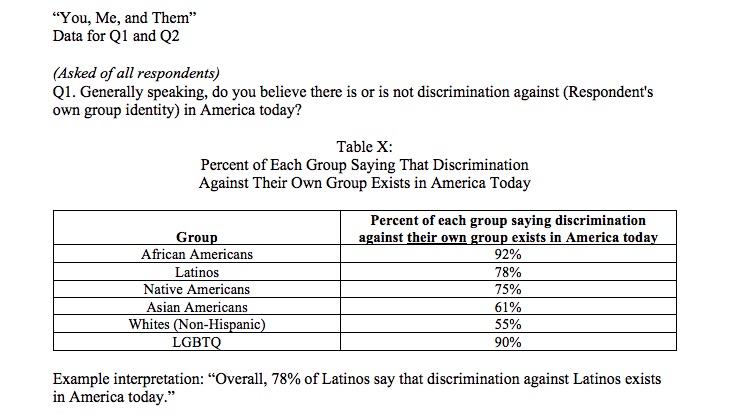So Lent is a fairly heavy season in which we think about fasting, impending death, and the disheveled states of our souls. With some wonderful people at our church, The Hubs and I are also taking a deep dive into racism during this season, which has its own layers of heaviness. But I think we’re going to find some hope too.
I’ll be quoting specific page numbers (#) from Dr. David Campt’s The White Ally Toolkit Workbook: Using Active Listening, Empathy, and Personal Storytelling to Promote Racial Equity for these posts.
Let’s start with definitions.
A white ally is “any white person who thinks that racism against POC (people of color) is a special problem, and who sometimes takes specific action to combat it.” (v)
If this sentence makes you explode (“OF COURSE racism is a terrible reality for people of color!”), you are already a white ally. You are also, sadly, less than half of the white adult population of the United States. What!? From a public opinion poll in 2017: 55% of white people think that racism against white people is as big of a societal problem as racism against people of color. (See a chart from the study data below.)
The toolkit calls this 55% of the population racism skeptics (v). In my own words, the survey is saying that over half of the white grownups in the United States think that black folks have identical OR BETTER chances at general success as white folks, with no significant barriers to overcome, and in some cases an EASIER TIME going about their daily lives in modern American society than white people.
Here is some white (pun intended) space for that to sink in:
The point of the toolkit, then, is to equip white people who believe racism is a problem to empathetically listen to and influence the white people who do not think racism is a problem. Dr. Campt believes that if the survey percentage of racism skeptics dropped just 10%, to less than half of the population, it would be enough to create significant social, institutional, and political change. He also strongly believes that white people are the best situated to counter, and encounter, racism in other white people. Being a white ally means shouldering the burden of explaining racism to racism skeptics for our POC brothers and sisters, who for too long have had the fatiguing job of trying to explain to white people that yes, racism really does exist, while simultaneously coping with the depression, rage, trauma, inequities, degrading insults, and day-to-day difficulties that systemic racism has been causing for generations.
Drawing white folks out so they can examine and potentially revisit their views should be white folks’ work… the discipline of resisting [lashing out at] racists for the sake of greater goals is the work that POC have had to do for hundreds of years. It is now time for white allies to take on this work, even though it does not feel good. (16)
As a slow and quiet thinker who has never been good at debating anything, when I encounter whispers (or shouts) of racism within my circles, I tend to feel nauseous and clam up despite my desire to shake the person by the neck. Neither approach – silence or an emotional explosion – is doing anything to change the daily realities for persons of color, but because I am white, my white privilege allows me to feel a little bad and then no longer distressed by it once the moment passes. I’m looking forward to equipping myself with some tools that will allow me to step with courage a little deeper into conversations with people I care about. I have no desire to argue with anyone; I want to help seed deeply compassionate justice in the hearts of those around me. Because when everyone in the community begins to learn about and care for their neighbor, we are doing the work of Jesus.
“Don’t be in such a hurry to condemn a person because he doesn’t do what you do, or think as you think or as fast. There was a time when you didn’t know what you know today.” Malcolm X
EXCERPT FROM 2017 STUDY
Source: Discrimination in America: Experiences and Views of African Americans,
a survey conducted for National Public Radio, the Robert Wood Johnson Foundation,
and Harvard T.H. Chan School of Public Health

Post #8 of 40 Daze: A Lenten Writing Practice.

